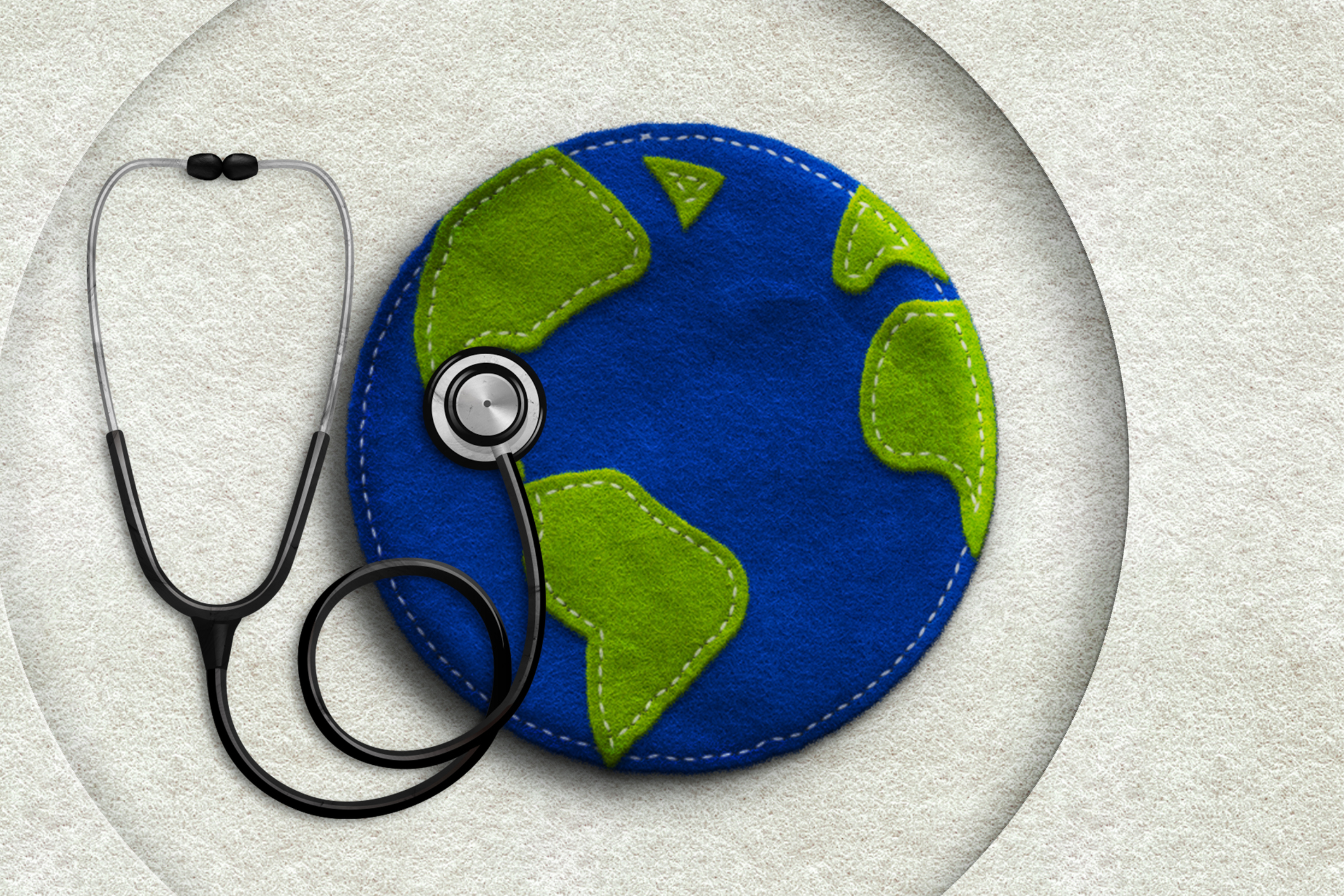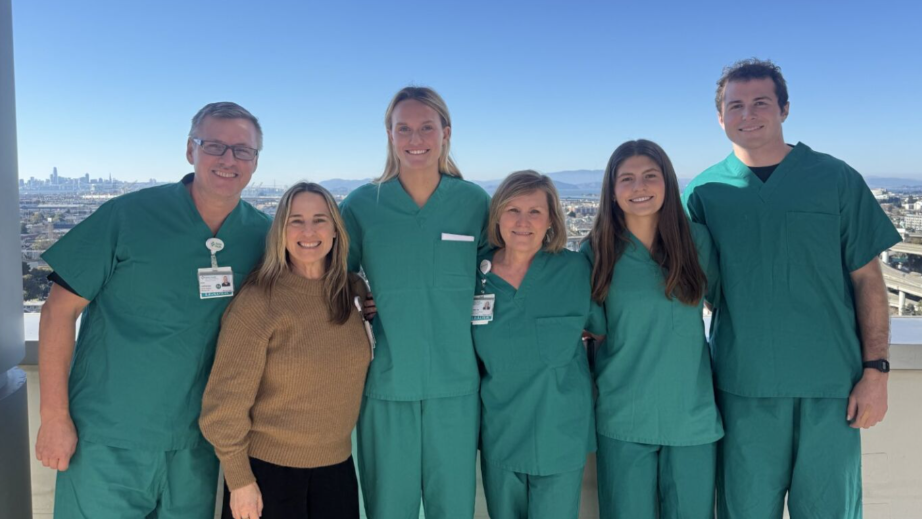By Angela Borchert, Vitals contributor
Earth Day is an opportune time to reflect on the impact individual and collective efforts have had on better protecting the environment. It also serves as a reminder that more work is still needed to keep up the progress.
Healthcare organizations stateside and across the globe are placing particular emphasis on their role in sustainability since environmental health plays an important role in physical health. Sutter Health, a California-based, integrated, not-for-profit system, shares some of the more creative ways they lead sustainable practices that help nurture communities within their footprint—and beyond.
- Feeding Communities and Saving Emissions through Food Rescue Program

Gabriel Pardo, food services worker at Sutter Davis Hospital, gathers leftover food for donation
Since establishing a partnership with San Francisco-based Copia in January 2020, not-for-profit Sutter Health has made significant contributions to the communities it serves while also protecting the environment from food waste by donating excess food from its hospital kitchens.
In 2023, 16 Sutter hospitals participated in Copia’s program that donates leftover food to 45 non-profits from across Northern California, including The Salvation Army, Loaves and Fishes in Sacramento, Contra Costa County Shelter, Delancey Street Foundation SF, just to name a few. This past year, Sutter donated more than 81,000 pounds of food which equates to 68,000 meals to local non-profits. This effort also contributed to saving 252,000 pounds of CO2 emissions and 18.7 million gallons of water.
“We have made tremendous strides with this program in the past four years, and we are proud to partner with Copia on this great work,” said Jack Breezee, food and nutrition services executive for Sutter Health. “Sutter is making a huge impact in our communities.”
- It’s in the ‘Digital’ Mail
Going paperless took on new meaning at Sutter Health this past February. That is when the health system transitioned from physical mail to digital mail, streamlining its mail delivery services across the organization.
Digital mail is a scanning process that converts incoming paper mail and delivers the mail electronically. The new digital mail solution and services drives toward zero paper mail, helping eliminate waste and preserve trees. It also reduces time on the road for couriers, helping reduce Sutter’s carbon footprint.
- Solar Panel Installations Shine Bright

An aerial view of the Sutter Solano Medical Center campus with their solar panel carports.
Sutter Health has a long history of installing solar panels on care center campuses. The advantages of solar panels have been well documented. Reduced greenhouse gas emissions minimize the effects of climate change. More and more research suggests how climate change impacts public health and public safety (e.g., extreme heat, wildfires, etc).
Sutter Health installed additional solar panels at four locations in 2023, further reducing its equivalent CO2 emissions by about 1,200 metric tons per year. Solar was installed at care center locations in Vallejo, Santa Cruz, Los Altos and Los Banos, bringing the total to 14 solar panel installations across the system. More installations are slated for the future as well.
“California building codes are now requiring that all new construction includes solar panels so there is a big push to add more solar to our buildings where it makes sense,” said Iris Andre, Sutter Health’s senior director of facilities.
- Making it EZ to Charge EVs
As electric vehicles become more popular, Sutter Health’s EV charging facilities have emerged as a crucial amenity for patients, clinicians and employees. Currently, there are EV charging stations at more than 45 locations across 11 counties within Sutter’s footprint. These infrastructures serve as a testament to Sutter’s commitment to providing accessible and convenient EV charging solutions, ensuring drivers can reliably recharge their vehicles when visiting Sutter facilities.
Read more about Sutter Health’s sustainability initiatives.





